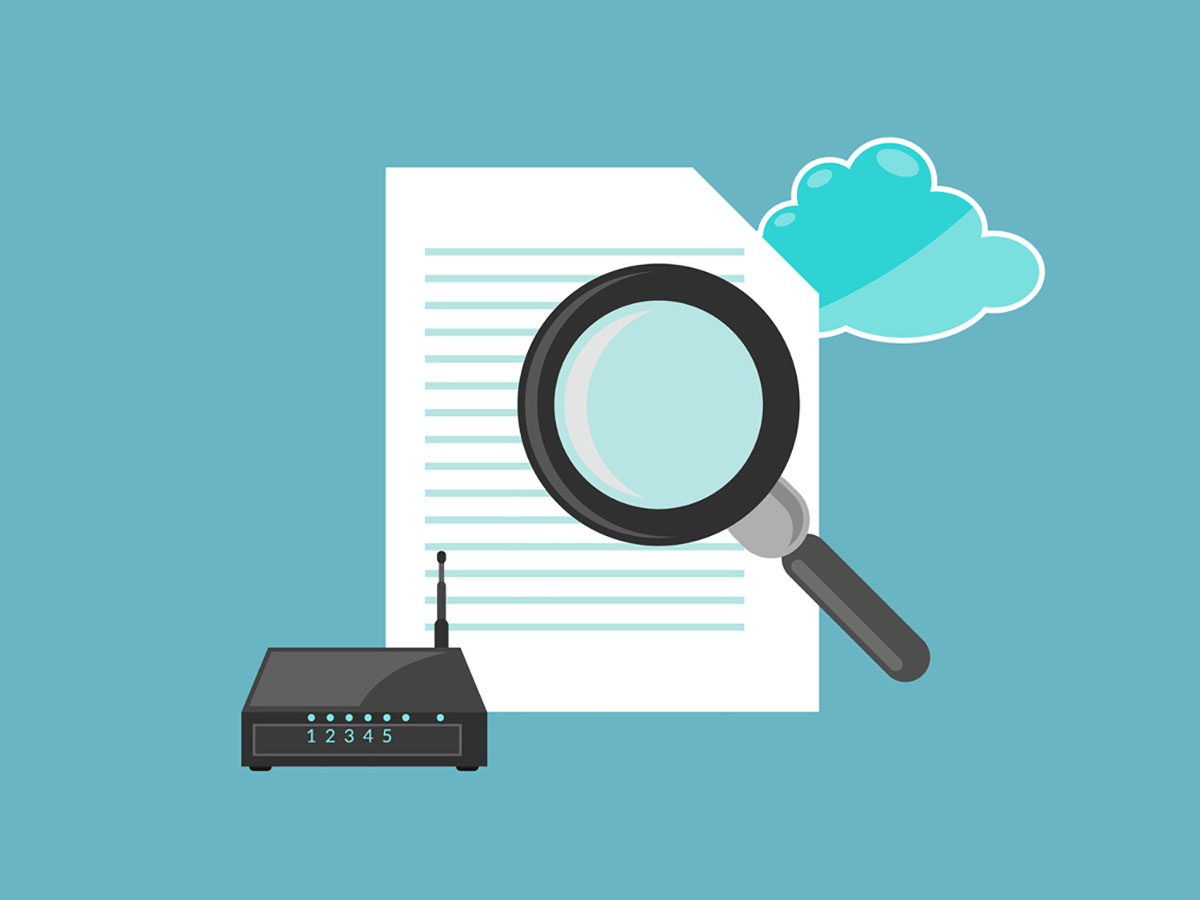Disruption refers to an unexpected event that interrupts normal operations or activities. In a broader sense, it can also mean any significant disturbance, whether it’s simply causing inconvenience or leading to catastrophic system failure.
Disruption Examples
1. Power Outage
A power outage is a common form of disruption and can cause significant trouble, especially in today’s digital-centric world. When an office or organization experiences a sudden loss of electricity, their networks and computers will likely go offline. This situation can cause temporary loss of access to important data and applications.
Stay One Step Ahead of Cyber Threats
Business operations heavily reliant on continuous power supply can come to a standstill, impacting productivity and revenue. For instance, an e-commerce platform might daily lose thousands or even millions of dollars if their servers go down due to a power outage.
Furthermore, sudden outages might result in data loss if unsaved work hasn’t been backed up. This can be a significant setback, especially if the lost data involves critical information.
2. Website Crash
A website crash is another typical illustration of a disruption. For instance, during a high-traffic event like Black Friday online sales, a surge of visitors could overwhelm a website’s server. The resulting crash can make the site temporarily inaccessible to consumers, damaging the company’s reputation and causing potential revenue loss.
Heavy traffic isn’t the only cause for a website crash, though. Technical issues such as coding errors, problems with hosting services, or failed updates can also bring a site down.
When a website crash occurs, it not only disrupts online transactions, but also triggers a ripple effect. Communications can be affected, customer dissatisfaction may escalate, and the search engine ranking of the website might tumble down due to poor user experience.
3. Hacking Attack
A disruption involving a hacking attack usually targets a server’s capacity to handle traffic. The most common form of this is a Distributed Denial of Service (DDoS) attack. In such a scenario, the hacker overwhelms the server with a flood of artificial traffic, effectively causing the server to stop functioning and making legitimate users unable to access services hosted on that server.
This type of disruption is particularly damaging as it not only halts regular operations, but also puts critical data at risk. A DDoS attack puts extreme stress on the server, leading to potential crashes and data loss. If data isn’t sufficiently backed up, the loss can be permanent.
On top of this, such attacks often have a significant long-term effect on a company’s reputation. Users may lose trust in the service’s ability to protect their data, and move their business elsewhere. Consequently, this may lead to declining user numbers and lower profits.
Conclusion
Disruptions, whether they’re due to a power outage, website crash, or hacking attack, can have significant impacts on businesses. Therefore, having contingency plans and preventative measures in place to help manage and reduce the effects of these disruptions is crucial for maintaining operations and safeguarding valuable data.
Key Takeaways
Related Questions
1. What are some ways to prevent a website crash due to high traffic?
Some ways to prevent a website crash include investing in more robust hosting services, optimizing the website for high traffic, implementing a Content Delivery Network (CDN), and conducting regular stress tests to identify potential issues.
2. How can a business prepare for a power outage?
A business can prepare for a power outage by investing in uninterrupted power supply (UPS) systems, regularly backing up data, and having a disaster recovery plan in place.
3. What measures can be taken to protect against hacking attacks?
There are various measures, such as regularly updating and patching software systems, using strong and unique passwords, educating employees about cybersecurity, and employing network monitoring and intrusion detection systems.
4. What steps can a business take to recover after a disruption?
After a disruption, a business could start recovery by assessing the damage, restoring backups, reviewing the incident for lessons learned, and updating their disruption response plans.
5. How significant is the impact of disruptions on an organization’s reputation?
The impact can be considerable. Customers and clients may lose trust in an organization if its services are frequently disrupted. This could affect user numbers, reduce profits, and harm overall brand reputation.
"Amateurs hack systems, professionals hack people."
-- Bruce Schneier, a renown computer security professional






